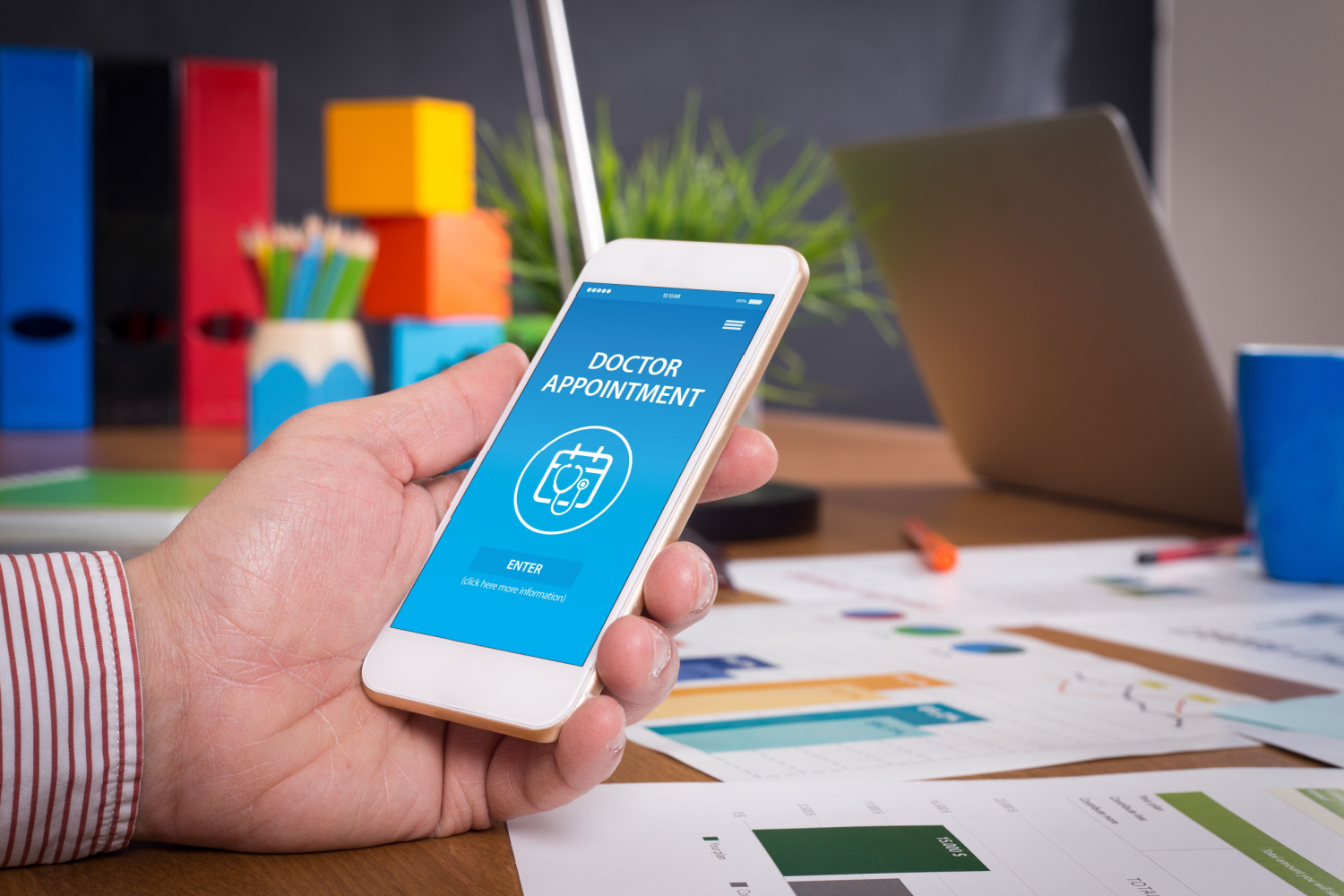The best therapy appointment reminder software helps mental health providers avoid “Avoidable Inefficiency,” empowers the patient, and strengthens the relationship between provider and patient.
“Avoidable inefficiency” is a sophisticated way of describing unnecessarily missed appointments. While missed appointments represent a cost to healthcare in general, the cost to mental healthcare is higher for a multitude of reasons. “I forgot,” for instance, is heard twice as often in psychiatric outpatient clinics than other medical specialties as a reason for missed appointments.
If a mental health provider averages three to four cancellations per week, how much does this cost the provider annually? The answer ranges between $18,000 to $40,000 per practice, per year. Meanwhile, a simple automated reminder decreases the incidence of a client no show by 25 percent.
Learn more about what you can save with our Patient Savings Reminders Calculator.
Common sense, then, tells us therapy appointment reminder tools, are now a mainstay for a smoothly-running, successful mental health practice, where patients are engaged in their own mental healthcare.
Some advantages for this scheduling software are obvious, while other advantages have deeper significance for individuals with mental health disorders.
Advantages of Using Therapy Appointment Reminder Software
Consider how the best therapy appointment reminder apps are integrals tool for effective mental health treatment.
1. Streamline patient records, making administrative tasks easier for a solo practitioner or a larger practice with office management personnel.
The best HIPAA-compliant electronic health record (EHR) systems automate therapy appointment reminders in addition to linking the scheduling information to other patient records. Opening a client’s scheduling records gives the provider and, if applicable, the office management team access to all pertinent information, securely and quickly. There’s no need to ruffle through papers or folders to find important scheduling records. There’s not even a need to take a deep dive into computerized files. Everything relating to scheduling, co-pays, billing, and treatment protocols are found within your scheduling tool.
For office managers and solo practitioners, this streamlined dashboard means administrative tasks require a fraction of the time. For providers, access to patient charts and client notes is simple.
2. Empower patients suffering from common mental health disorders, increasing patient engagement and confidence.
Automated appointment reminders put the control of an individual’s scheduled treatment seamlessly into their own hands. There’s no need for a mental or written note. If an appointment doesn’t work out, the patient has an opportunity to reschedule with the least amount of hassle.
In general healthcare, the advantages are obvious. In mental healthcare, however, the subtle impact of this secure EHR technology takes on a new importance. If someone is receiving treatment for the management of a mental health disorder like depression and/or generalized anxiety, the simple act of remembering to schedule or cancel an appointment is much more challenging. The best automated therapy appointment reminders remove this barrier and offer a discreet and effective tool for an individual who may already feel overwhelmed by daily tasks.
3. Automated therapy reminders via email or text are an extension of a successful mental health treatment
What makes mental health treatment successful? Consistency, trust, and open communication are the characteristics of an effective provider/client relationship. Automated appointment reminders, by their nature, easily generate these qualities. Clients can trust an appointment reminder will arrive like clockwork without any extra effort on their part. This consistent communication builds trust. The chances of missing a scheduled appointment are greatly reduced, which, in turn, reduces any sense of shame the client may feel for overscheduling or forgetting. This lends to a stronger provider/client relationship, where both parties are able to act more transparently in real time.
4. The best therapy appointment reminder software offers providers the flexibility to share necessary information easily and effortlessly from office to patient
If, for example, a patient is new, the first automatic patient communication can include links to intake forms and cancellation policies. If a patient violates cancellation policies, policy reminders and billing issues are easily handled via software, as opposed to threatening provider/client relationships.
For solo practitioners, automating tasks like these increase the ability to compete with larger practices. In addition, EHR can help separate the role of clinician from administrator. Solo providers can use the system to streamline administrative work without ever compromising mental health treatment. The software handles the heavy lifting in these administrative situations.
Whether you are a solo practitioner or multi-provider mental health practice, Valant provides simple solutions for automated therapy appointment reminders and patient communications. This EHR software is easy to use and designed specifically to serve the needs of behavioral health businesses.
Contact Valant today to find out how our automated patient communication can help your practice cut down on no shows.




